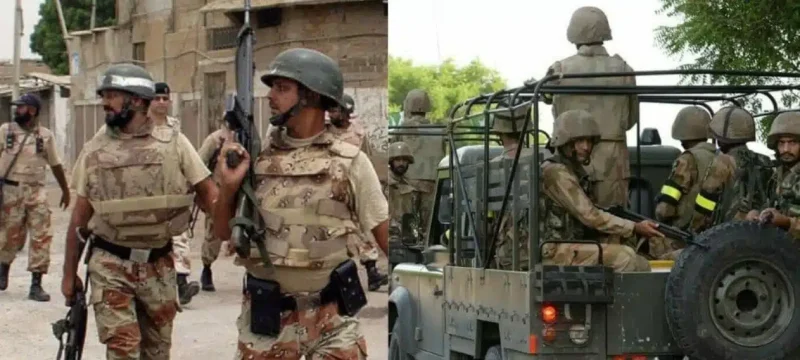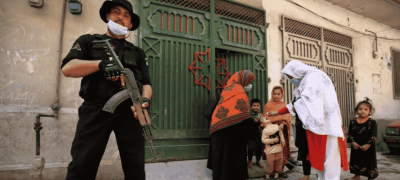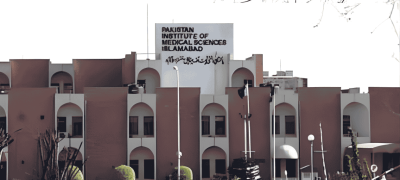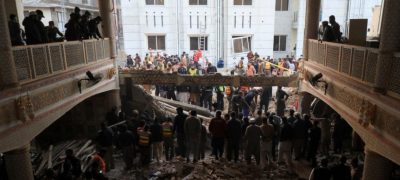Sindh’s interim Chief Minister, Maqbool Baqar, has approved a joint operation against dacoits by the Pakistan Army and Sindh Rangers in the Katcha area of Sindh as a major step towards restoring law and order. In a key meeting held in Karachi, officials unanimously agreed to step up efforts to combat criminal gangs in the Sukkur and Larkana districts.
A tough crackdown has been planned to reduce street crime, fight drug cartels, and eliminate illegal water hydrants in Karachi, which is plagued by several criminal mafias.
A bridge project over the Indus River between Ghotki and Kashmore, which had been stopped due to dacoit activities, is expected to resume soon.
The interim Chief Minister stressed the importance of restoring public trust in government agencies and reaffirmed the state’s commitment to fighting crime. He emphasized the two-pronged approach of dismantling criminal networks and reforming the existing police infrastructure. In response to the challenges facing the halted bridge project, Karachi’s Corps Commander, Lt Gen Babar Iftikhar, called for immediate reinforcement.
Also Read: Pakistan army rescues trapped foreign climbers
According to recent statistics, there have been 220 kidnappings in Sindh this year, a worrying trend. While most victims (210) have been rescued, this still requires urgent action from the authorities.
The Home Minister, Brig (Retd) Haris Nawaz, and IG Sindh, Riffat Mukhtar, revealed that out of 220 kidnappings, 128 occurred in Larkana, 46 in Sukkur, 42 in Karachi, three in Hyderabad, and one in Shaheed Benazirabad.
The police chief assured the public that most of the perpetrators behind the kidnappings are a small group of around 50-60 key criminals.
A significant milestone was recently achieved with a large arms seizure in Ghotki. However, pending approval from the Ministry of Interior and Ministry of Defence for weapon acquisition remains a bottleneck.
While the Corps Commander Karachi has given the green light, the ball now lies in the Interior Minister’s court.
The police are well-prepared, with a detailed plan in place. This includes aerial support, 18 base camps, and 400 checkpoints across the Katcha districts, with 3,200 police officers already deployed









